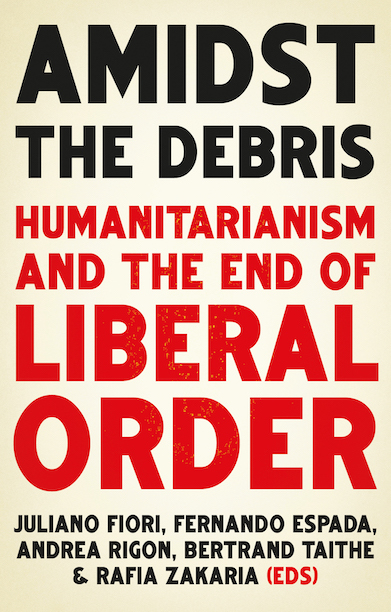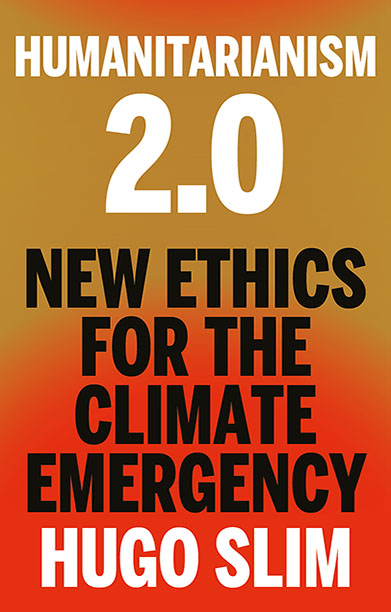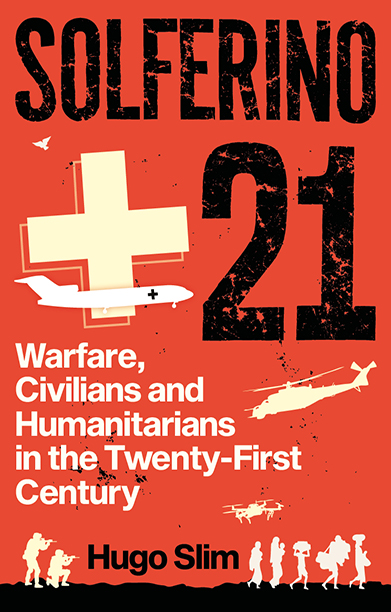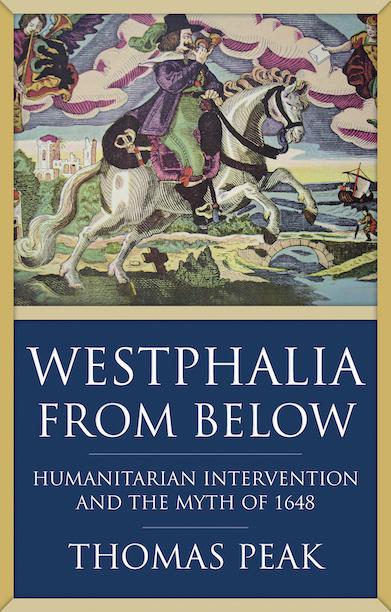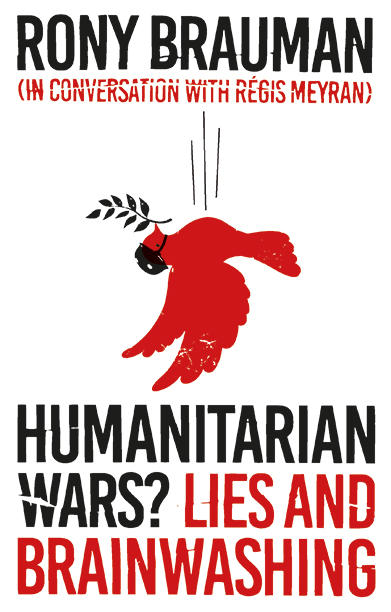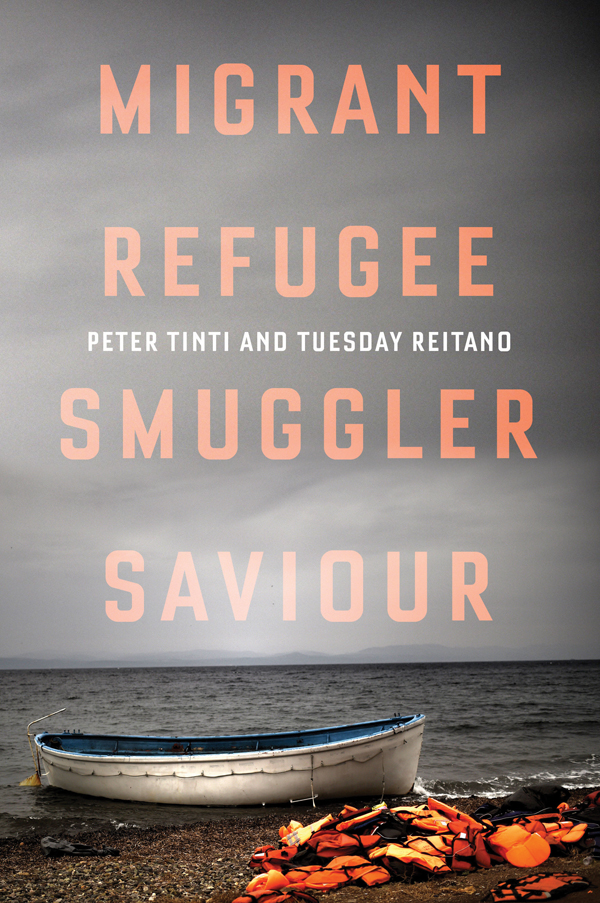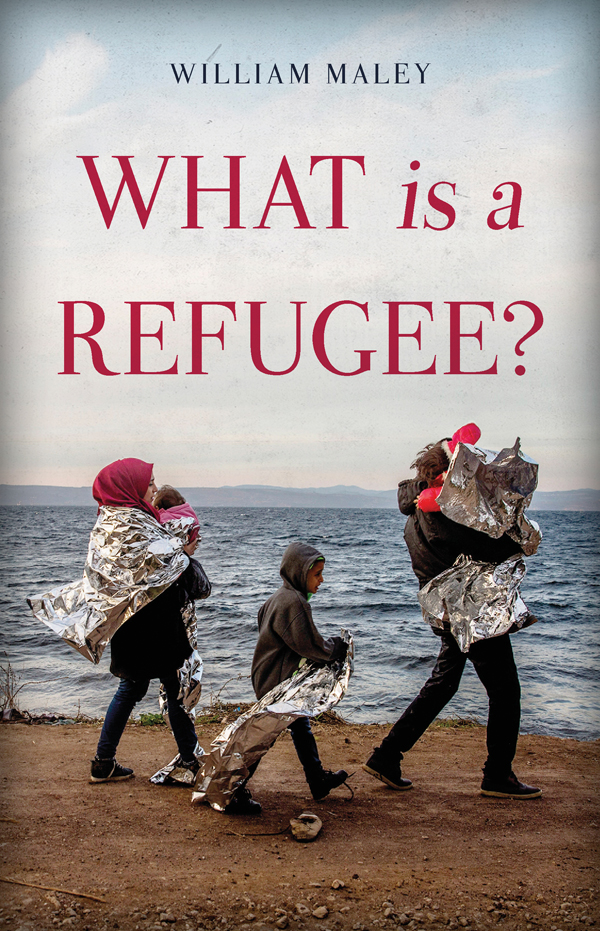Amidst the Debris
Humanitarianism and the End of Liberal Order
Experts from across academia and the front line reflect on the role and future of Western humanitarianism in an age of political crisis.
Description
For many liberal commentators at the turn of the 1990s, the collapse of the Soviet Union represented a final victory for Western reason and capitalist democracy. But, in recent years, liberal norms and institutions associated with the post-Cold War moment have been challenged by a visceral and affective politics. Electorates have increasingly opted for a closing inwards of the nation-state, not just in the democratic heartlands of Europe and North America, but also on the periphery of the world economy. As the popular appeal of the ‘open society’ is thrown into question, it is necessary to revisit assumptions about the permanence of its enabling political and ethical projects.
Previously promoted by the US and its allies as a necessary complement to liberal capitalist culture and the globalisation of markets, humanitarian multilateralism seems to have lost strategic currency. In this collection of essays, public intellectuals, scholars, journalists and aid workers reflect on the relationship between humanitarianism and ‘liberal order’. What role has humanitarianism played in processes of liberal ordering? Amidst challenges to liberal order, what are the implications for the political economy of humanitarianism, and for the practices of humanitarian agencies?
Reviews
‘This brilliantly curated and genuinely troubling collection shows how, amid anxiety over the “liberal order”, humanitarian moralities have been pressed back into service, entrenching existing hierarchies and obscuring noxious continuities. Essential reading for our moment.’ — Samuel Moyn, Henry R. Luce Professor of Jurisprudence, Yale University, and author of Not Enough: Human Rights in an Unequal World
‘A fascinating collection. Its impressive contributors deploy history, memoir and political theory, reflecting on the high watermark of neoliberal humanitarian aid, and wondering if the next era of humanitarianism can ever be free of economic oppression, racism and human damage.’ — Hugo Slim, Senior Research Fellow, Institute of Ethics, Law and Armed Conflict, University of Oxford
‘Discusses every question that has perplexed me as a humanitarian actor for 25 years. Is humanitarian work humane? Is humanitarianism above politics, or intimately connected to the world in which it operates? What is genuine solidarity? Read this book and find out.’ — Lynne Jones, FXB Center for Health & Human Rights, Harvard University, and author of The Migrant Diaries
‘With probing and informed contributions from humanitarians and commentators across the globe, this important work raises many pertinent questions about humanitarianism in the current era. Amongst its many virtues, the book will stimulate debate about the international liberal order.’ — Michael Newman, Emeritus Professor, London Metropolitan University, and author of Humanitarian Intervention: Confronting the Contradictions
Editor(s)
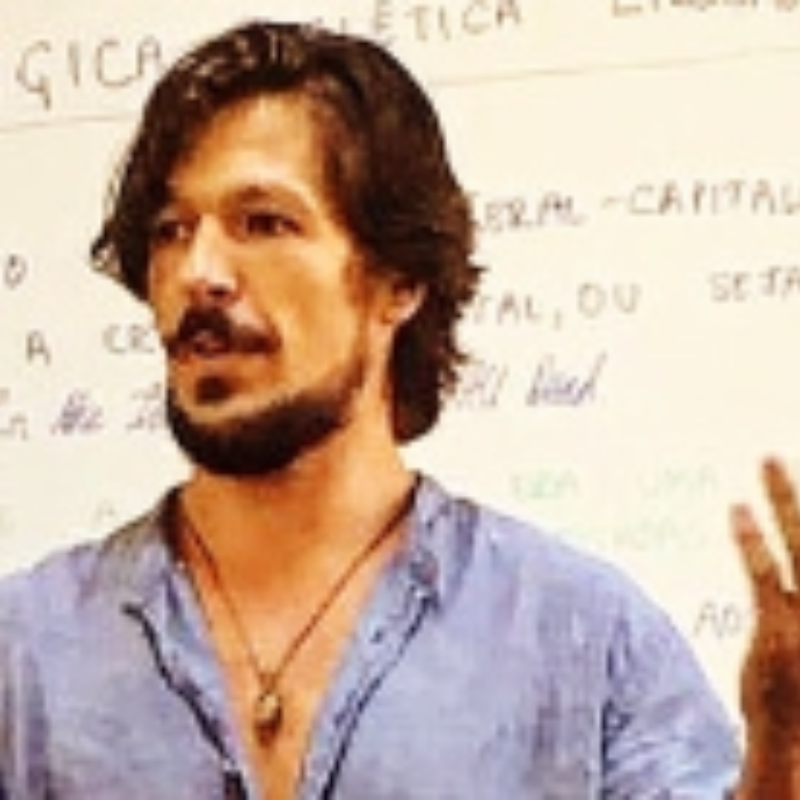
Juliano Fiori is Save the Children's Head of Studies (Humanitarian Affairs).
Fernando Espada is Save the Children's Head of Humanitarian Affairs.
Andrea Rigon is Associate Professor at the Bartlett Development Planning Unit, UCL.
Bertrand Taithe is Professor of Cultural History and Director at the Humanitarian and Conflict Response Institute, University of Manchester.
Rafia Zakaria is a writer, political philosopher and attorney.
